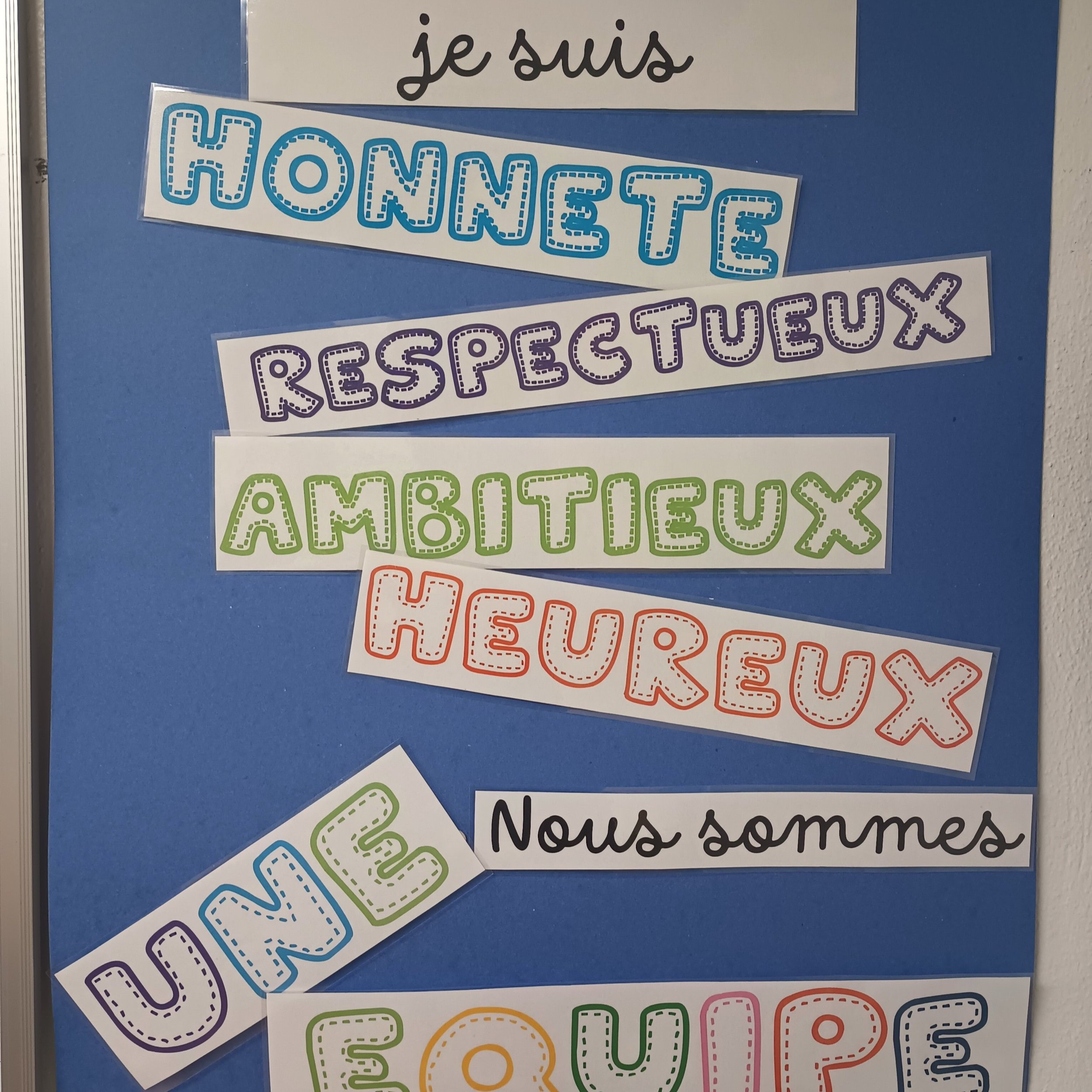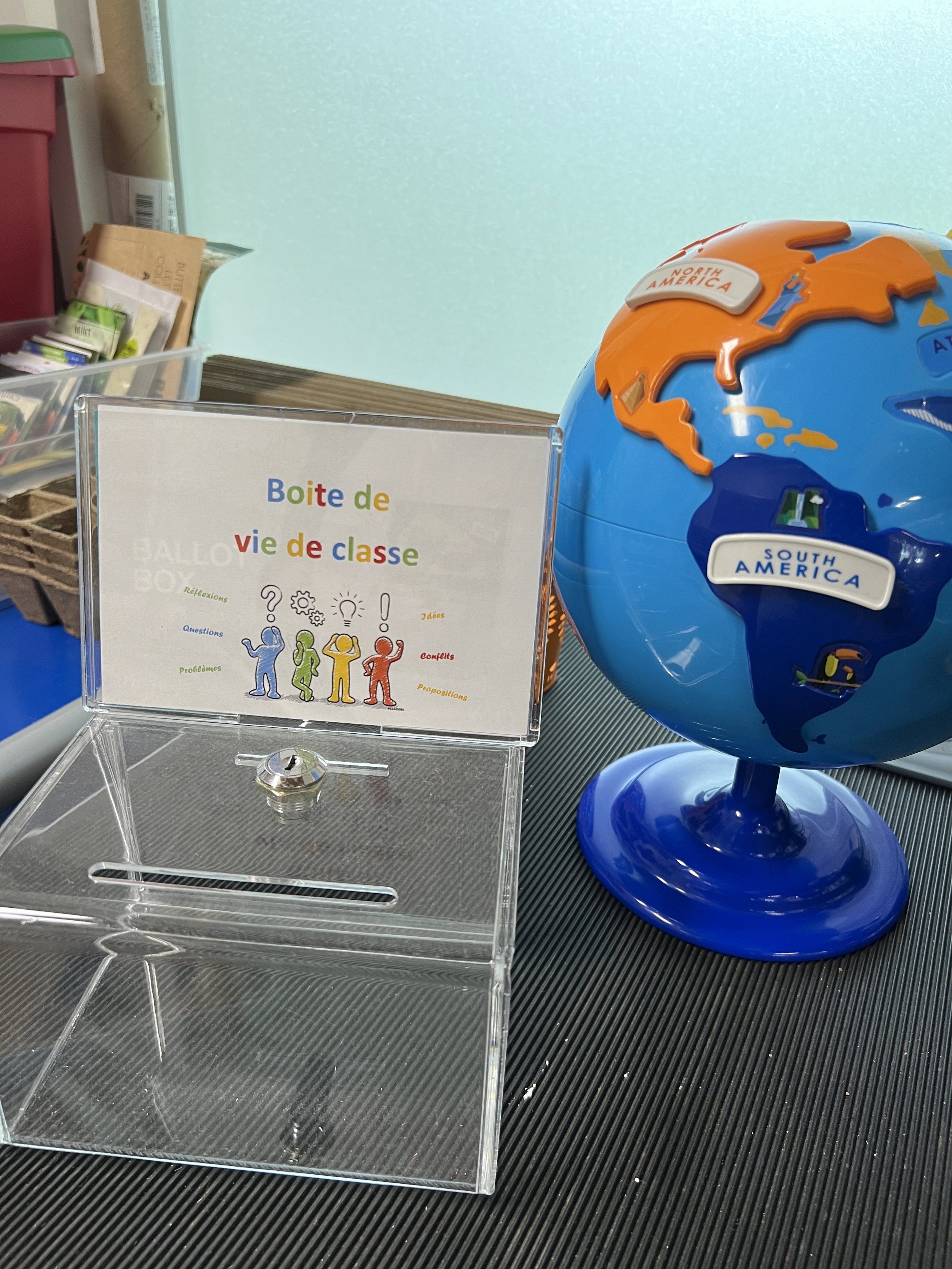POSITIVE DISCIPLINE
EFAM has been working on integrating Positive Discipline practices into daily teaching routines since last school year, with the aim to create a respectful, kind, connected and responsible community at school.
What is Positive Discipline?
Positive Discipline practices are aimed at developing autonomy in children, guiding them in making their own choices. Being respectful and encouraging, while being kind and firm are the basic principles of Positive Discipline (PD) for educators.
“Positive Discipline is a program [...]to teach young people to become responsible, respectful and resourceful members of their communities. Positive Discipline teaches important social and life skills in a manner that is deeply respectful and encouraging for both children and adults (including parents, teachers, childcare providers, youth workers, and others).
Recent research tells us that children are hardwired from birth to connect with others, and that children who feel a sense of connection to their community, family, and school are less likely to misbehave. To be successful, contributing members of their community, children must learn necessary social and life skills.”
Excerpt from https://www.positivediscipline.com/about-positive-discipline
How is EFAM teaching staff learning PD practices?
EFAM staff has been developing PD practices since last school year via internal professional development, teacher meetings and accessing PD resources.
This year, all teachers are training in Positive Discipline in the classroom with Dodie Blomberg, a lead certified trainer in PD. At the end of the 14-hour training, all participants will receive a certification in Positive Discipline.
What are some examples of PD implementation at EFAM?
Class meetings: starting in elementary classes, student meetings are held once a week; several students are in charge of leading the meeting, taking notes and keeping track of time; over the course of the week, the students are invited to share their suggestions, compliments and problems that will be addressed during the weekly meetings.
Cool-down corner: a cozy corner with different options for cooling down like soft pillows, squishy toys, sensory bottles and books. Students who are feeling overwhelmed, sad, angry or stressed can reset at the cool-down corner.
Compliments: during class meetings students are taught to give each other meaningful compliments on past actions (for example, helping out a classmate, inviting a classmate to participate in a game at recess, etc.).
Student responsibilities: students are assigned a responsibility for the week to help the class community; some responsibilities include: erasing the board, writing the supplies needed for homework on the board, putting away recess materials at the end of recess, helping with attendance, etc.
What about parents at home?
We encourage all parents to familiarize themselves with Positive Discipline at home.
Here are some resources:
Positive Discipline Workshops for Parents with Dodie Blomberg
https://dodieblomberg.com/workshops/positive-discipline-online-parenting-series/
Books and online resources
https://www.positivediscipline.com/blog-category/parents
Books for parents (many of them also available on Amazon)













